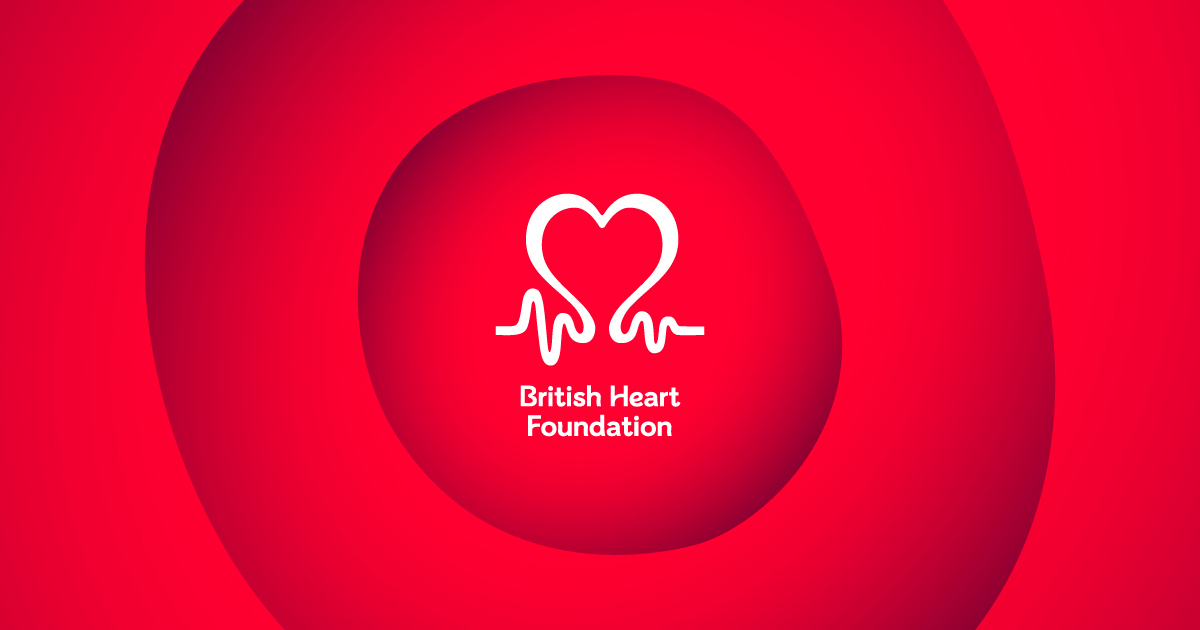The clinical question
Atrial fibrillation (AF) is a heart rhythm disturbance that affects many people as they get older. It causes an irregular heartbeat, which can lead to a clot forming inside the heart. The clot can be swept up to the brain, blocking its blood supply and causing an ischaemic stroke. People with AF who have had an ischaemic stroke have an increased risk of having another, particularly in the first few days after a stroke, but this risk can be reduced by taking anti-clotting drugs.
For many years, there has been a dilemma over the best time to start anticlotting drugs in people with a stroke and AF. Doctors typically recommend waiting up to two weeks out of fear that earlier treatment might cause bleeding into the brain – a rare but dangerous side effect of anticlotting drugs. But during this time patients remain at risk of another stroke due to a further blood clot from the heart.
Professor David Werring and his team at University College London designed the OPTIMAS trial to tackle this question, which became a reality with BHF funding.
What did the study involve?
Between 2019 and 2024, the OPTIMAS team recruited 3648 people with AF who had had a stroke from around 100 hospitals across the UK. After having brain imaging to confirm the stroke and to exclude bleeding into the brain (which could make it unsafe to start anti-clotting treatment), participants were randomly assigned to either:
- start anti-clotting treatment, with a type of anti-clotting drug called a direct oral anticoagulant (DOAC), within 4 days of their stroke (early treatment group)
- start anticlotting treatment with a DOAC 7-14 days after having a stroke (delayed treatment group)
Participants were followed up after 90 days to assess several outcomes, including whether they went on to have another stroke and whether they experienced bleeding in the brain. The team also measured how many people in the trial died from any cause.
What did the study find?
- The number of people who had bleeding into the brain within 90 days of the stroke over both groups was low (23 participants in total), and was not influenced by the time of starting the anti-clotting drug. This suggests that starting an anti-clotting drug early after an ischaemic stroke in AF patients is safe.
- Both the early and late treatment groups experienced a similar number of recurrent strokes (44 people in the early treatment group had another stroke versus 42 people in the delayed treatment group).
- The number of people who had died within 90 days of the stroke was also similar in each group.
- Overall, early treatment with a DOAC anti-clotting drug was found to be effective and did not increase the risk of a bleed into the brain.
Why is the study important?
OPTIMAS is the largest trial to have addressed the question of when to start anti-clotting treatment in people with AF and stroke.
Previous trials had suggested that early treatment with a DOAC was safe in people with AF and stroke. But these trials had included only a few patients with moderate to severe stroke, or those already taking anti-clotting drugs — groups where there are particular concerns about the risk of starting a DOAC early on. By contrast, the OPTIMAS trial included a broad group of patients with AF and acute ischaemic stroke, including people already taking a DOAC and nearly 900 participants with a moderate to severe stroke.
Professor Werring presented the results of the trial at the 202416th World Stroke Congress and concluded: “The OPTIMAS trial clearly shows that starting an anticoagulant early does not increase the risk of bleeding into the brain, even in patients with more severe strokes.
Professor Werring pointed out another positive outcome of the trial’s results: “This means we can start anticoagulation before patients are discharged from hospital, thus ensuring that this important secondary prevention medication is always prescribed, when appropriate. That’s going to be a key benefit in the real world.”
It is estimated that as many as 20,000 patients each year in the UK could be treated with anti-clotting medication at an earlier stage. The team believes that their findings, and those of the other trials, could lead to a rapid change in clinical practice, and that treatment should not be delayed for patients who have an AF-related stroke.
Study details
"OPTIMAS: OPtimal TIMing of Anticoagulation after AF-associated acute ischaemic Stroke: a randomised controlled trial”
Award reference: CS/17/6/33361
Chief Investigator: Professor David Werring
Trial registration number: ISRCTN17896007
Publication details
Optimal timing of anticoagulation after acute ischaemic stroke with atrial fibrillation (OPTIMAS): a multicentre, blinded-endpoint, phase 4, randomised controlled trial. Lancet. 2024;404 (10464): 1731-1741



